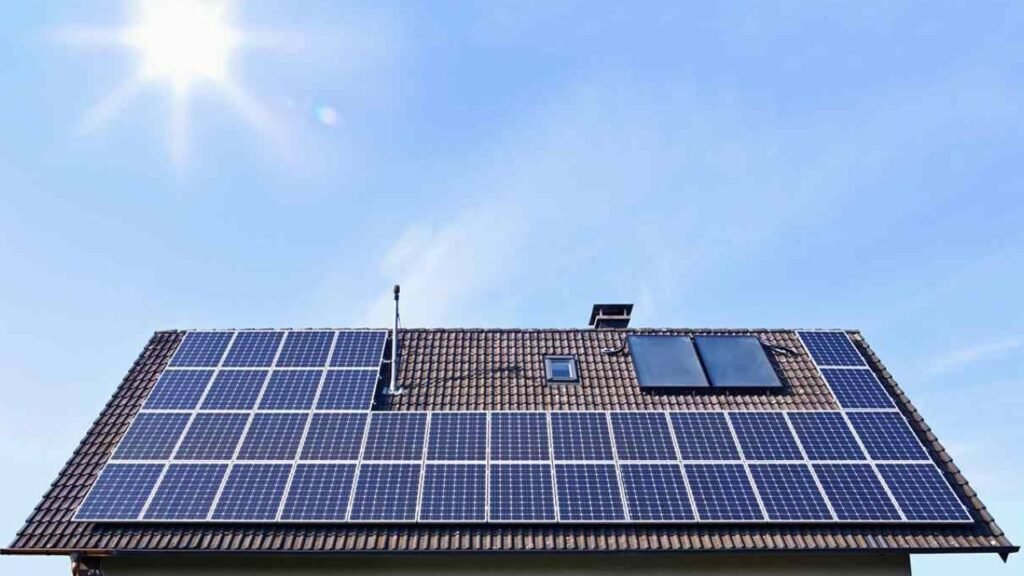As energy prices continue to challenge households, solar panels are becoming an increasingly attractive option for cutting long-term electricity bills. While the upfront cost of installation can still feel daunting, 2025 brings a wide range of government-backed schemes, regional initiatives, and local discount programmes that can significantly reduce the financial burden.
Falling Costs, Rising Incentives
The cost of solar panels has dropped sharply in recent years, but a typical system can still run into several thousand pounds. To help make renewable energy more accessible, both the UK government and devolved administrations in Scotland, Wales, and Northern Ireland are offering tailored funding packages. These include grants, zero-interest loans, and tax breaks that make solar panels more affordable than ever.
ECO4 and ECO4 Flex, The UK-Wide Backbone
The UK’s flagship Energy Company Obligation (ECO4) remains one of the most generous programmes. Targeted at low-income households earning under £31,000 or those receiving benefits, it can provide up to £10,000 towards energy efficiency upgrades, including solar panels. ECO4 Flex extends the scheme, giving local councils the power to widen eligibility to households just above the income threshold, the elderly, or those with health conditions worsened by cold homes. This flexibility means more households could qualify than under traditional rules.
Regional Support in Scotland and Wales

For residents in Scotland, both Home Energy Scotland and Warmer Homes Scotland offer generous support. Grants and interest-free loans can cover renewable technologies such as solar panels, with packages worth up to £10,000 available for vulnerable households. Meanwhile, Welsh homeowners can benefit from the Nest Warm Homes Scheme, which provides an average of £2,500 to improve energy efficiency, including solar installations for those on low incomes or means-tested benefits.
Northern Ireland’s Annual Energy Fund
Northern Ireland operates slightly differently, with its Sustainable Energy Programme (NISEP) funded by a levy on electricity bills. Worth around £8 million annually, the scheme supports low-income households with insulation, heating improvements, and in some cases, solar panels. Funding is limited and allocated on a first-come, first-served basis, so early applications are crucial.
Local Discounts and Group-Buying Options
Beyond government support, households can also benefit from collective purchasing schemes such as Solar Together. Organised by local councils, this initiative pools demand and negotiates bulk discounts with installers, often reducing costs by up to 30%. For homeowners who don’t qualify for grants, this group-buying approach offers one of the most accessible ways to cut installation costs.
VAT Relief and Export Payments
On top of grants, every household in the UK automatically benefits from the Government’s 0% VAT policy on solar panel installations, in place until 2027. In addition, the Smart Export Guarantee (SEG) allows households to earn money by selling excess electricity back to the grid, providing an ongoing income stream once panels are installed.
A Pathway to Affordable Renewable Energy
Not every household will meet the strict criteria for grants, but alternatives such as low-interest “green loans” from banks or installer financing packages are available. Combined with falling solar costs, VAT exemptions, and export payments, the financial case for solar has never been stronger. Most systems now pay for themselves within 8-12 years, after which the savings on energy bills continue for decades.
By blending national incentives with local and regional support, the UK in 2025 offers more pathways than ever for households to embrace clean energy. Whether through ECO4, devolved nation schemes, or collective buying groups, solar power is no longer out of reach for the average homeowner.

